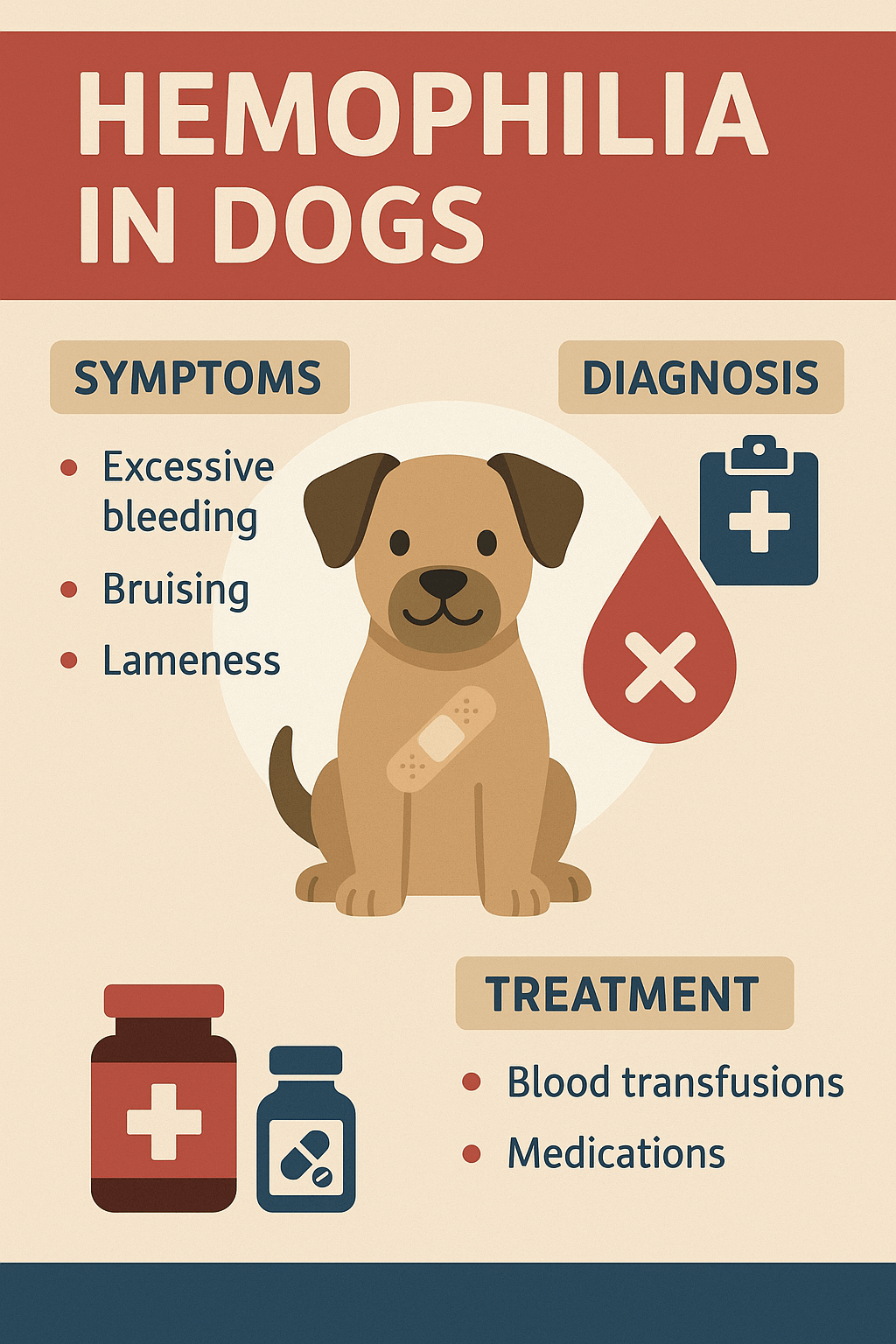Dog IQ: Best 7 Tips to Boost Your Pet’s Intelligence!
Dogs have long been celebrated as man’s best friend, not just for their loyalty but also for their remarkable ability to understand and interact with humans. While we often marvel at their playful antics or their knack for learning tricks, one question remains intriguing: What is the IQ of a dog? This isn’t about comparing them to humans but understanding how intelligent dogs truly are in their unique way. Whether you’re a proud dog parent or simply fascinated by animal behavior, this exploration into canine cognition will shed light on what makes our four-legged companions so special.
Understanding Canine Intelligence: A Closer Look
When discussing the IQ of a dog, it’s essential to recognize that intelligence in animals differs from human intelligence. Dogs exhibit various forms of smarts, including problem-solving skills, social awareness, and adaptability. Here’s a breakdown of key aspects that define their cognitive abilities:
- Problem-Solving Skills : Many dogs can figure out puzzles, open doors, or retrieve hidden items, showcasing their ability to think critically.
- Social Intelligence : Dogs excel at reading human emotions and body language, which allows them to form strong bonds with their owners.
- Memory Retention : They remember commands, routines, and even specific people or places over time.
- Adaptability : Dogs can adjust to new environments, learn new behaviors, and respond to changes in their surroundings.
These traits highlight why dogs are considered highly intelligent creatures. While their IQ may not be directly comparable to ours, their unique blend of skills makes them extraordinary companions. Understanding these aspects helps us appreciate their intelligence rather than measure it against human standards.
Intelligence Levels of Popular Dog Breeds
When it comes to canine intelligence, certain breeds consistently rank higher than others. These rankings are based on their ability to learn commands quickly, solve problems, and adapt to new situations. Below is a list of some popular dog breeds along with their approximate IQ levels, measured by how many repetitions it takes them to learn a new command and their success rate in obeying it:
Border Collie :
- IQ Ranking: #1
- Approximate IQ: Equivalent to a 2.5-year-old child
- Known for their exceptional working intelligence, Border Collies can learn a new command in fewer than 5 repetitions and obey commands with 95% accuracy.
Poodle :
- IQ Ranking: #2
- Approximate IQ: Equivalent to a 2.3-year-old child
- Poodles are highly trainable, quick learners, and excel in obedience tasks. They require minimal repetition to master new skills.
German Shepherd :
- IQ Ranking: #3
- Approximate IQ: Equivalent to a 2.2-year-old child
- Renowned for their versatility, German Shepherds are often used in police and military roles due to their problem-solving abilities and focus.
Golden Retriever :
- IQ Ranking: #4
- Approximate IQ: Equivalent to a 2.1-year-old child
- Friendly and eager to please, Golden Retrievers are excellent at learning commands and thrive in family environments.
Doberman Pinscher :
- IQ Ranking: #5
- Approximate IQ: Equivalent to a 2.0-year-old child
- Known for their alertness and loyalty, Dobermans are quick thinkers and highly responsive to training.
Labrador Retriever :
- IQ Ranking: #7
- Approximate IQ: Equivalent to a 2.0-year-old child
- Labs are adaptable, intelligent, and great at understanding human emotions, making them ideal service dogs.
Bulldog :
- IQ Ranking: #77
- Approximate IQ: Equivalent to a 1.5-year-old child
- While Bulldogs are affectionate and loyal, they are slower learners and may require more patience during training.
Basenji :
- IQ Ranking: #84
- Approximate IQ: Equivalent to a 1.3-year-old child
- Known as the “barkless dog,” Basenjis are independent thinkers but can be stubborn, which makes training more challenging.
Afghan Hound :
- IQ Ranking: #103 (lowest ranking)
- Approximate IQ: Equivalent to a 1.0-year-old child
- Afghan Hounds are beautiful and regal but notoriously difficult to train due to their independent nature and lower obedience scores.
These numbers provide a general idea of how different breeds compare in terms of intelligence, but it’s important to remember that every dog is unique. A breed’s IQ ranking doesn’t define its value as a companion—what truly matters is the bond you share with your furry friend.
Expert Opinion: Dr. Stanley Coren on Canine Intelligence
Renowned canine psychologist Dr. Stanley Coren, author of “The Intelligence of Dogs,” states, “A dog’s intelligence is not just about learning commands but also their ability to interpret human emotions and adapt to complex social situations.” He emphasizes that dogs are as intelligent as a 2.5-year-old child in terms of problem-solving and communication skills, making them extraordinary companions.
Check this guide 👉 4 Best Dog Button Kits for Revolutionary Communication!

Advantages of High Dog Intelligence | Challenges of High Dog Intelligence |
|---|---|
Quick learners and eager to please | Prone to boredom if not mentally stimulated |
Strong problem-solving abilities | May exhibit stubbornness without proper challenges |
Forms deep emotional bonds with owners | Requires consistent training and engagement |
Adapts well to new environments | Can become restless or anxious without activities |
Different Types of Dog Intelligence
Dog intelligence doesn’t come in a one-size-fits-all package. In fact, researchers have identified three primary categories of canine intelligence, each contributing to their overall cognitive profile. Let’s explore these types:
- Instinctive Intelligence : This refers to a dog’s natural ability to perform tasks they were bred for, such as herding sheep or retrieving game.
- Adaptive Intelligence : It measures how well a dog can solve problems independently or learn from its environment without direct instruction.
- Working/Obedience Intelligence : This type focuses on how quickly a dog learns commands and follows instructions given by humans.
Each breed excels in different areas of intelligence, depending on its purpose and training. For example, Border Collies are renowned for their working intelligence, while Labrador Retrievers shine in adaptive intelligence. Recognizing these differences helps us better understand the diverse capabilities of our furry friends.
Factors Influencing a Dog’s IQ
A dog’s intelligence isn’t solely determined by genetics—it’s shaped by several factors throughout their life. Below are some key influences that play a role in determining a dog’s IQ:
- Breed Characteristics : Certain breeds, like Poodles and German Shepherds, are known for higher levels of intelligence compared to others.
- Early Socialization : Exposure to diverse experiences during puppyhood enhances a dog’s ability to adapt and learn.
- Training Methods : Positive reinforcement techniques tend to yield better results than punitive approaches.
- Environment : A stimulating home environment encourages curiosity and cognitive growth.
By understanding these factors, dog owners can nurture their pet’s potential and create an enriching atmosphere for them. Ultimately, every dog has the capacity to grow smarter with the right support and care.
How to Test Your Dog’s IQ at Home
If you’re curious about your dog’s IQ, there are simple tests you can conduct at home to gauge their cognitive abilities. These activities are fun and provide insights into your dog’s strengths. Here’s how you can get started:
- Hide-and-Seek : Hide treats around the house and observe how quickly your dog finds them.
- Obstacle Courses : Set up a small course using household items and see how your dog navigates it.
- Command Recall : Test how many commands your dog remembers and how accurately they execute them.
- Problem-Solving Games : Use puzzle toys to evaluate your dog’s ability to solve challenges.
While these tests aren’t scientific, they offer a glimpse into your dog’s intelligence and help strengthen your bond through interactive play. Remember, the goal is to celebrate your dog’s unique abilities rather than compare them to others.
How Breed-Specific IQ Impacts Daily Life
The intelligence of a dog doesn’t just affect their ability to learn commands—it also influences their behavior, energy levels, and how they interact with their environment. Understanding the IQ of specific breeds can help you anticipate their needs and provide the right level of mental stimulation. Here’s a breakdown of how breed-specific IQ impacts daily life:
High-IQ Breeds (e.g., Border Collie, Poodle, German Shepherd) :
- Needs : Require constant mental challenges and physical activity to prevent boredom.
- Behavior : May invent games or find creative ways to entertain themselves if left alone for too long.
- Daily Life : Owners should incorporate puzzle toys, agility training, or advanced obedience exercises into their routine.
Moderate-IQ Breeds (e.g., Beagle, Boxer, Cocker Spaniel) :
- Needs : Benefit from a mix of playtime, training, and relaxation.
- Behavior : Tend to be adaptable but may struggle with complex tasks unless broken into smaller steps.
- Daily Life : Short training sessions paired with interactive games like fetch or hide-and-seek work well for these breeds.
Low-IQ Breeds (e.g., Bulldog, Basenji, Afghan Hound) :
- Needs : Thrive on simple routines and affection rather than intense mental challenges.
- Behavior : May appear stubborn or independent, but this often stems from their unique personalities rather than a lack of intelligence.
- Daily Life : Focus on building trust and using positive reinforcement to encourage basic obedience and socialization.
Working Breeds vs. Companion Breeds :
- Working Breeds : High-IQ working dogs like Australian Shepherds or Siberian Huskies need jobs to do, whether it’s herding, pulling sleds, or participating in canine sports. Without purpose, they may become restless or destructive.
- Companion Breeds : Lower-IQ companion breeds like Shih Tzus or Bichon Frises are content with cuddling and light play, making them perfect for relaxed lifestyles.
Mixed-Breed Dogs :
- IQ Variability : Mixed-breed dogs often inherit a blend of traits from their parents, resulting in a wide range of cognitive abilities.
- Daily Life : Tailor activities to their individual strengths—some may excel at learning tricks, while others prefer leisurely walks and snuggles.
Understanding your dog’s breed-specific IQ helps you create a harmonious living environment that caters to their natural tendencies. Whether your dog is a quick learner or prefers a laid-back lifestyle, providing the right balance of mental and physical stimulation ensures a happy, healthy companion.
Final Note: Intelligence isn’t the only factor that determines a dog’s suitability as a pet. Temperament, energy levels, and compatibility with your lifestyle are equally important considerations when choosing or caring for a dog.
Frequently Asked Questions About Dog IQ
Is my dog smarter than other animals?
Dogs rank among the most intelligent animals, especially when it comes to interacting with humans.
Do all dogs have the same level of intelligence?
No, intelligence varies by breed, individual personality, and environmental factors.
Can I improve my dog’s IQ?
Yes, providing mental stimulation, training, and socialization can enhance your dog’s cognitive abilities.
How does a dog’s IQ compare to a human’s?
A dog’s IQ is roughly equivalent to that of a two-year-old child in terms of problem-solving and communication skills.
Are smart dogs easier to train?
Generally, yes, but high-IQ dogs may also require more engagement to prevent boredom.
Celebrating the Unique Intelligence of Dogs
In conclusion, the IQ of a dog is a fascinating topic that reveals just how remarkable these animals are. Rather than focusing on comparisons, we should celebrate the diverse ways dogs demonstrate intelligence—whether through their problem-solving skills, emotional intuition, or unwavering loyalty. By understanding and nurturing their cognitive abilities, we deepen the bond we share with our furry companions. After all, their true genius lies not in numbers but in the joy and connection they bring to our lives. So next time you look at your dog, remember: their intelligence is as unique as their wagging tail.
Final Answer: The IQ of a dog cannot be precisely quantified like human IQ, but studies suggest it is comparable to that of a two-year-old child in terms of problem-solving and communication abilities.
Rimadyl for Dogs: Best 7 Expert Tips! Discover expert advice on using Rimadyl safely, managing pain, and improving your dog’s mobility with trusted veterinary insights.
Can Dogs Have Tylenol for Pain? Best 7 Expert Tips! Discover the risks, safe alternatives, and expert advice on managing your dog’s pain effectively while avoiding harmful medications.
Understanding Hemophilia in Dogs: Best 7 Expert Tips! Discover expert advice on managing hemophilia, recognizing symptoms, and ensuring your dog’s well-being with practical care strategies.
Understanding Dog Sensitive Skin: Best 7 Expert Tips! Discover expert advice on managing dog sensitive skin, relieving irritation, and improving your pup’s comfort with practical solutions.





